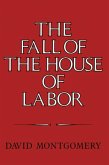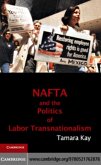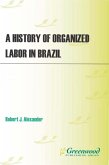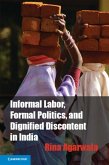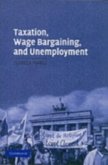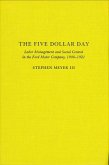Why are unions weaker in the US than in Canada, two otherwise similar countries? This difference has shaped politics, policy, and levels of inequality. Conventional wisdom points to differences in political cultures, party systems, and labor laws. But Barry Eidlin's systematic analysis of archival and statistical data shows the limits of conventional wisdom, and presents a novel explanation for the cross-border difference. He shows that it resulted from different ruling party responses to worker upsurge during the Great Depression and World War II. Paradoxically, US labor's long-term decline resulted from what was initially a more pro-labor ruling party response, while Canadian labor's relative long-term strength resulted from a more hostile ruling party response. These struggles embedded 'the class idea' more deeply in policies, institutions, and practices than in the US. In an age of growing economic inequality and broken systems of political representation, Eidlin's analysis offers insight for those seeking to understand these trends, as well as those seeking to change them.
Dieser Download kann aus rechtlichen Gründen nur mit Rechnungsadresse in A, B, BG, CY, CZ, D, DK, EW, E, FIN, F, GR, HR, H, IRL, I, LT, L, LR, M, NL, PL, P, R, S, SLO, SK ausgeliefert werden.



